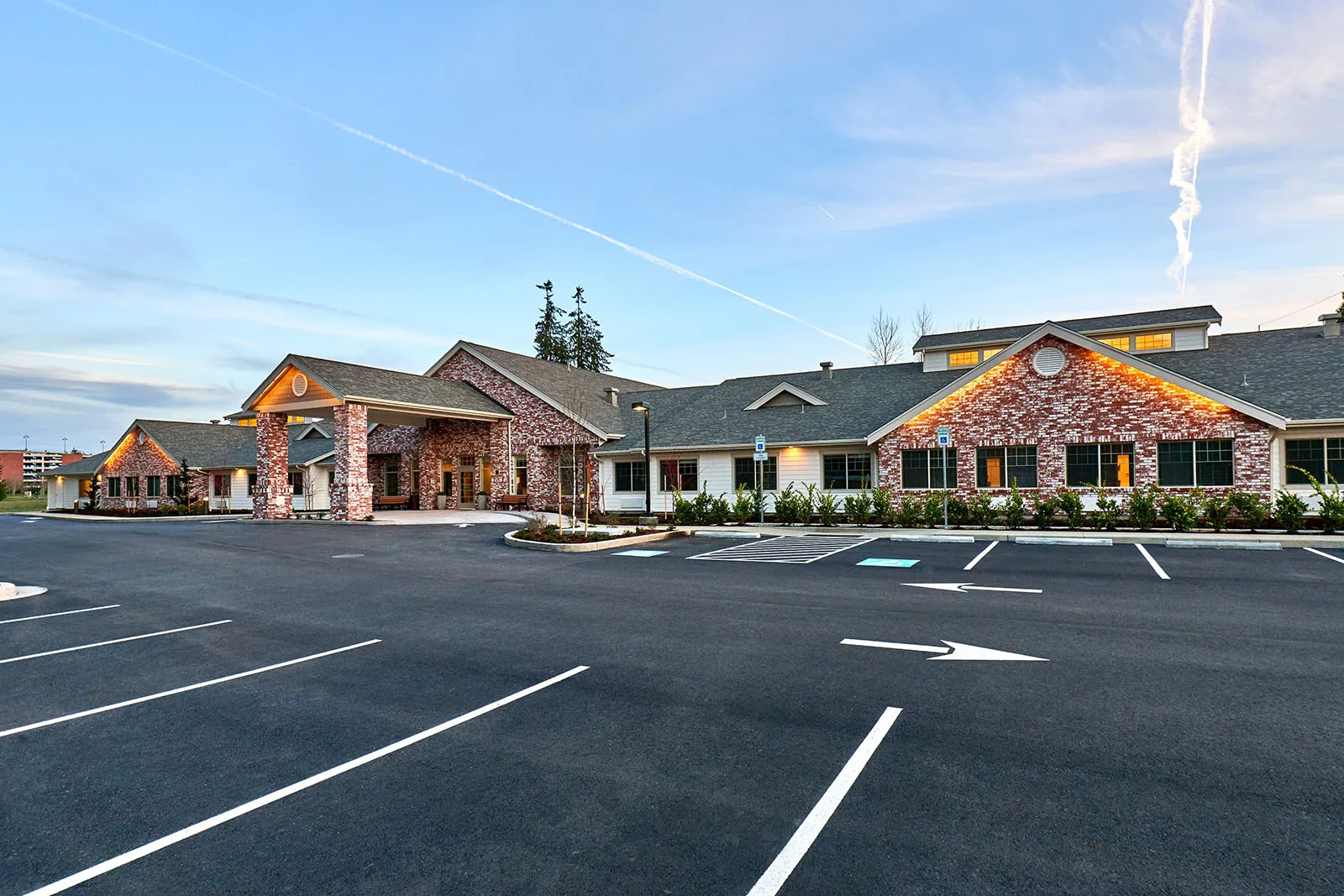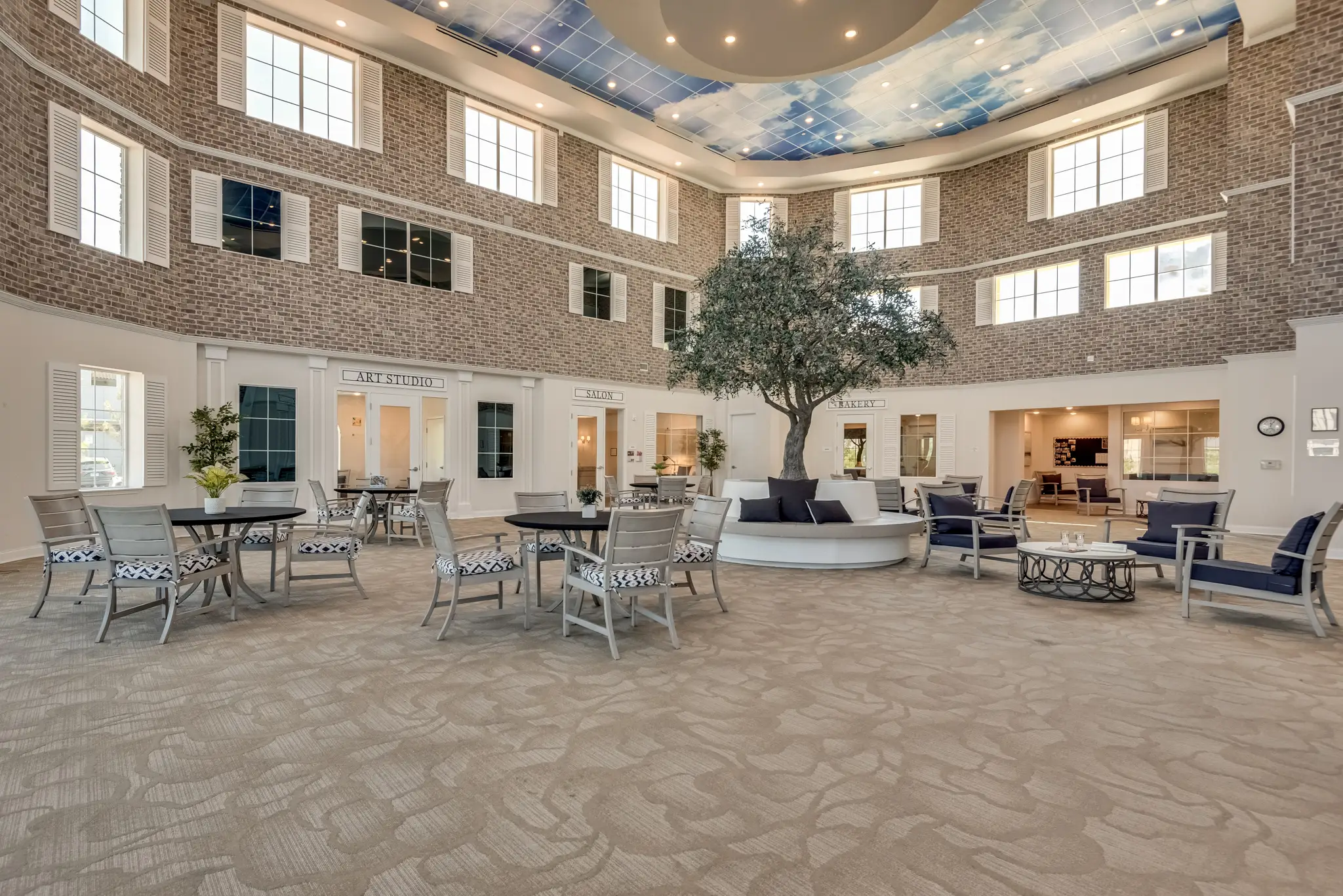Engaging Activities and Games for Seniors with Dementia

Finding enjoyable and stimulating activities for seniors with dementia can be a rewarding challenge. The right games and activities not only help keep them engaged but also contribute to their cognitive, emotional, and social well-being. This blog post explores various activities and games designed specifically for dementia patients to enhance their quality of life.
Importance of Activities for Dementia Patients
Dementia affects memory, thinking, and social abilities, which can make it difficult for individuals to engage in everyday activities. However, carefully selected activities can offer numerous benefits:
Cognitive Stimulation:
Games and puzzles can help maintain cognitive functions and slow down the progression of dementia. A study published in the Journal of Alzheimer's Disease found that cognitive stimulation activities, such as puzzles and memory games, can improve cognitive function and delay the progression of dementia symptoms.
Emotional Well-being:
Engaging activities can boost mood and reduce feelings of depression or anxiety.
Social Interaction:
Group activities encourage socialization, which is vital for emotional health. The Journal of Gerontology reported that social activities increase social engagement and decrease loneliness and depression among older adults with dementia.
Physical Health:
Activities that involve movement promote physical well-being and mobility.
Top Activities and Games for Seniors with Dementia
Memory Games
Memory games are excellent for cognitive stimulation. Simple card games, such as matching pairs or identifying objects, can help dementia patients exercise their memory and focus.
Puzzles
Large-piece puzzles or custom photo puzzles are great for stimulating the mind without being overwhelming. They provide a sense of accomplishment and can be completed individually or in groups.
Art and Craft Activities
Creative activities like painting, coloring, or knitting offer relaxation and can be a form of expression. They also help with fine motor skills and hand-eye coordination. A study in the International Journal of Geriatric Psychiatry found that art and craft activities can reduce anxiety and improve quality of life for individuals with dementia by providing a form of self-expression and relaxation.
Music Therapy
Music has a profound impact on people with dementia. Listening to familiar tunes or participating in a sing-along can trigger memories and improve mood. According to research by the American Psychological Association, music therapy significantly reduces agitation and improves mood in dementia patients. It also enhances verbal communication and reduces symptoms of depression.
Exercise and Movement
Gentle exercises such as chair yoga, tai chi, or guided stretching can enhance physical health and reduce restlessness. Group classes can also foster social connections. A review in the Journal of Aging and Physical Activity highlighted that regular physical activity, such as walking or chair yoga, improves mobility, balance, and overall physical health in seniors with dementia.
Gardening
Engaging with nature through gardening can be therapeutic. Simple tasks like planting flowers or watering plants provide sensory stimulation and a sense of purpose.
Board Games
Simplified versions of classic board games like Snakes and Ladders or Ludo can be engaging and fun. These games encourage social interaction and strategic thinking.
Reminiscence Therapy
Using photos, videos, or memorabilia to reminisce about the past can be comforting for dementia patients. Sharing stories and memories promotes social interaction and emotional connection. Research from the British Journal of Nursing showed that reminiscence therapy improves mood and cognitive function by helping dementia patients connect with past experiences and strengthen social bonds.
Cooking and Baking
Simple cooking activities like making sandwiches or baking cookies can be enjoyable and provide sensory stimulation. It also offers an opportunity for creativity and reminiscing about favorite recipes.
Animal Therapy
Interaction with pets or therapy animals can reduce stress and anxiety. Animals offer companionship and can be a source of joy and comfort.
Tips for Choosing Activities
When selecting activities for dementia patients, it's important to consider their interests, abilities, and stage of dementia. Here are some tips:
Personalization
Tailor activities to individual preferences and past hobbies.
Simplicity
Choose activities that are easy to understand and follow.
Flexibility
Be ready to adapt or change activities based on the individual’s response.
Safety
Ensure that activities are safe and accessible, with no risk of injury.
Conclusion
Incorporating a variety of games and activities into the daily routine of seniors with dementia can significantly enhance their quality of life. By focusing on their abilities and interests, caregivers can create engaging and meaningful experiences that promote well-being and happiness.
Finding the right balance of activities can be a journey, but the positive impact on dementia patients makes it worthwhile. Whether it’s through art, music, or gentle exercise, these activities provide joy and connection for those living with dementia.
Explore ONELIFE Communities Across the Country
ONELIFE Senior Living is proud to serve families in multiple regions, offering exceptional care and support tailored to each resident’s needs. In Springfield, Oregon, The Esther at Riverbend Assisted Living provides personalized assisted living services, while The Rawlin at Riverbend Memory Care specializes in compassionate Alzheimer’s and dementia care. Families in Salem can find trusted support at Battle Creek Memory Care, and those in Beaverton benefit from the warm, secure environment at Waterhouse Ridge Memory Care.
For families in Nevada, Vineyard Henderson Memory Care offers expert dementia care in the heart of Henderson, while in California, The Reserve at Fountaingrove Memory Care provides high-quality memory support in Santa Rosa, and The Woodlake Senior Living serves Sacramento with a full spectrum of senior living options. In Cottage Grove, Oregon, Middlefield Oaks Senior Living combines independence and care, while in the Midwest, The Laurel at Vernon Hills Memory Care stands as a dedicated resource for families in Vernon Hills, Illinois. Finally, in Phoenix, Arizona, Shadow Mountain Memory Care delivers compassionate, all-inclusive memory care in a safe and engaging setting.
No matter which location you choose, every ONELIFE community is united by the same mission: providing exceptional care, meaningful activities, and a true sense of family for residents and loved ones.
Memory Care in Phoenix, Salem, Springfield, Beaverton, Cottage Grove, San Jose, Vernon Hills and Henderson
Choosing the right memory care facility for your loved one is a crucial decision. By understanding what memory care entails and considering the factors that make a great memory care community, you can ensure your loved one receives the best possible care. At ONELIFE Senior Living, we are here to support you every step of the way.
ONELIFE Senior Living offers exceptional memory care facilities in various locations throughout the country, including:
Phoenix, Arizona
Shadow Mountain Memory Care
Salem, Oregon
Battle Creek Memory Care
Springfield, Oregon
The Rawlin at Riverbend Memory Care
Beaverton, Oregon
Waterhouse Ridge Memory Care
Cottage Grove, Oregon
Middlefield Oaks Senior Living
San Jose, California
Sonnet Hill Senior Living
Vernon Hills, Illinois
The Laurel at Vernon Hills Memory Care
Henderson, Nevada
Vineyard Henderson Memory Care
Our communities are dedicated to providing a supportive and enriching environment for residents with memory loss. With personalized care plans, engaging activities, and compassionate staff, we strive to make our memory care communities a place where residents feel at home. Contact us today to learn more about our memory care facilities, and let us help you find the perfect home for your loved one.
Contact us
learn more about our
community

More Articles & Resources
EXPLORE THE ONELIFE COMMUNITIES




















